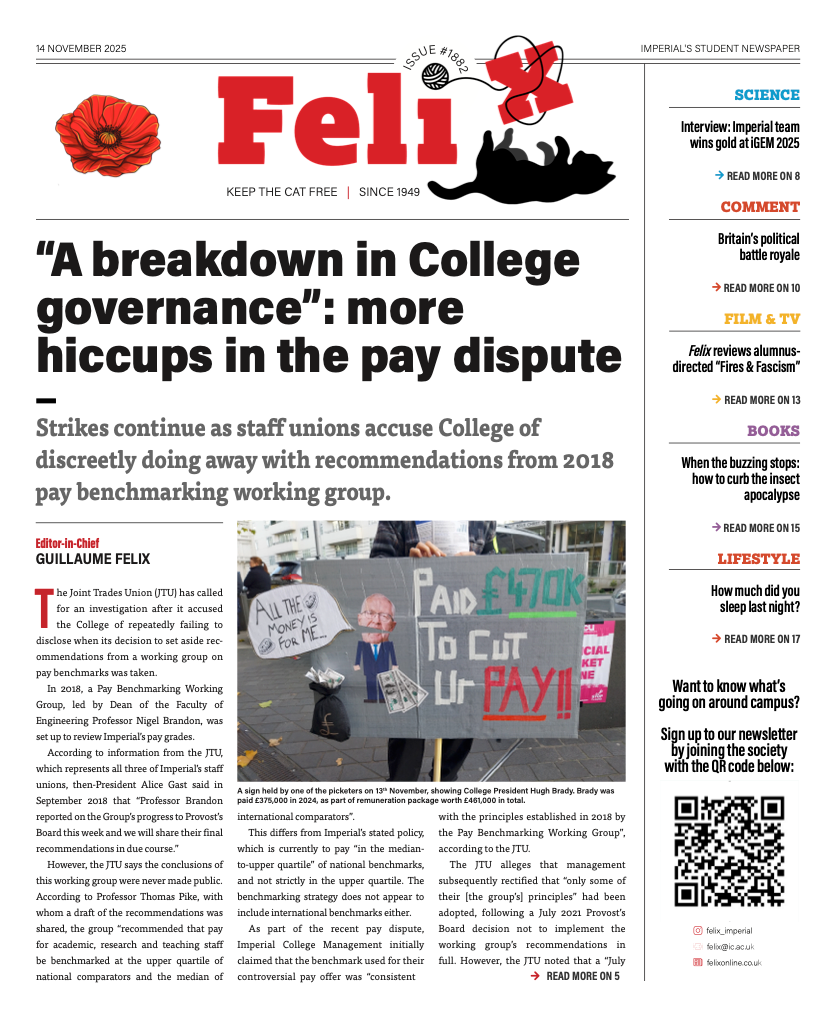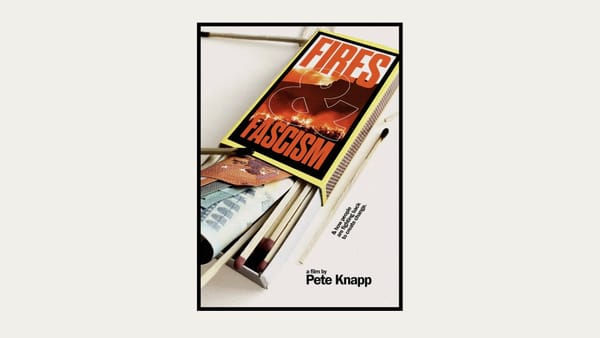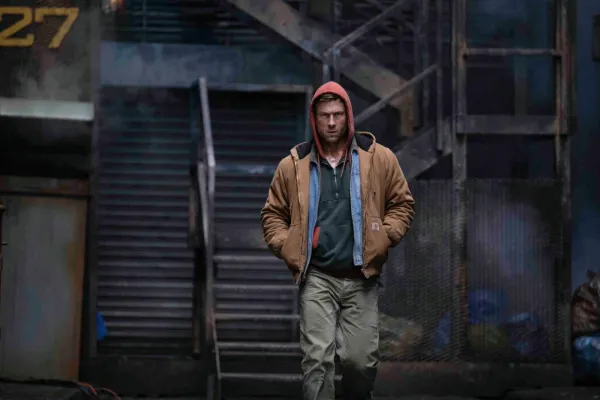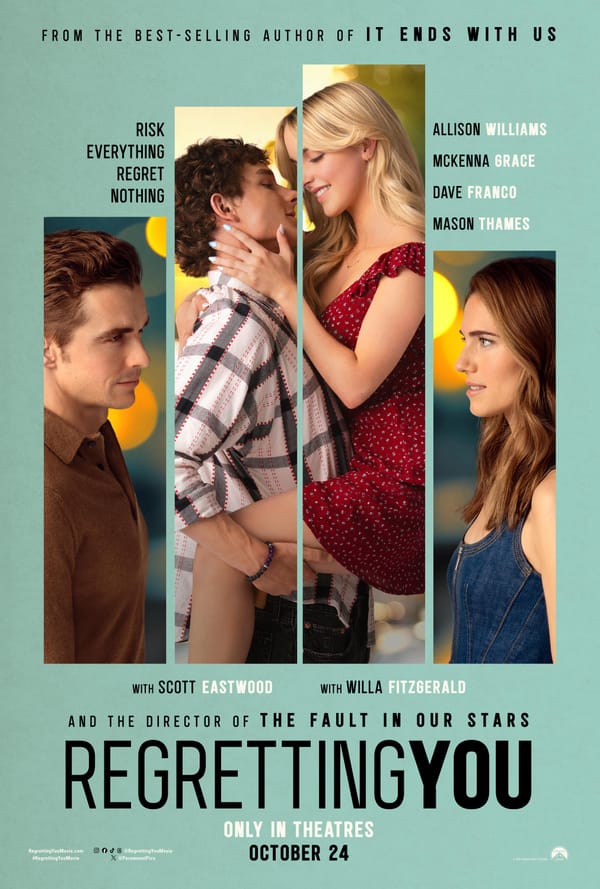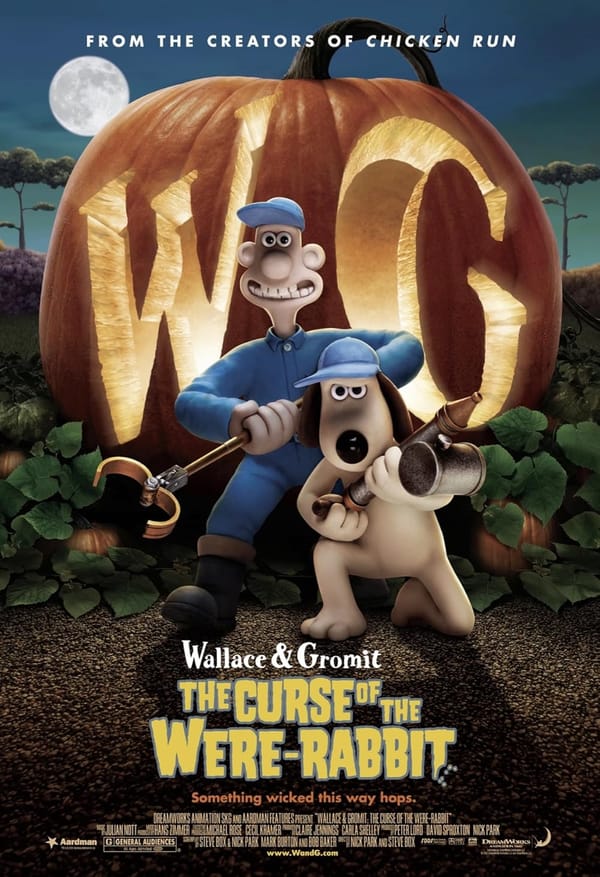Kontinental '25
BFI LFF 2025: A portrait of a city of contrasts
One of the lesser-known screenings from this year’s BFI Film Festival, Kontinental ‘25, takes us on a tour of Cluj Napoca, Romania: one of the rising IT capitals of Europe, where the contrasts and contradictions of neoliberalism and the digital age are ever so poignant. Radu Jude takes on the issue of housing in a country in which property development is a lawless domain, in a way that should still strike a chord with many of us navigating the London rental landscape. Kontinental ‘25 was filmed over a couple of days on an iPhone while Jude was working on his larger production, an adaptation of Dracula, and it seems to be another hit from the director, about whom Martin Scorsese recently said: “He is something else.”
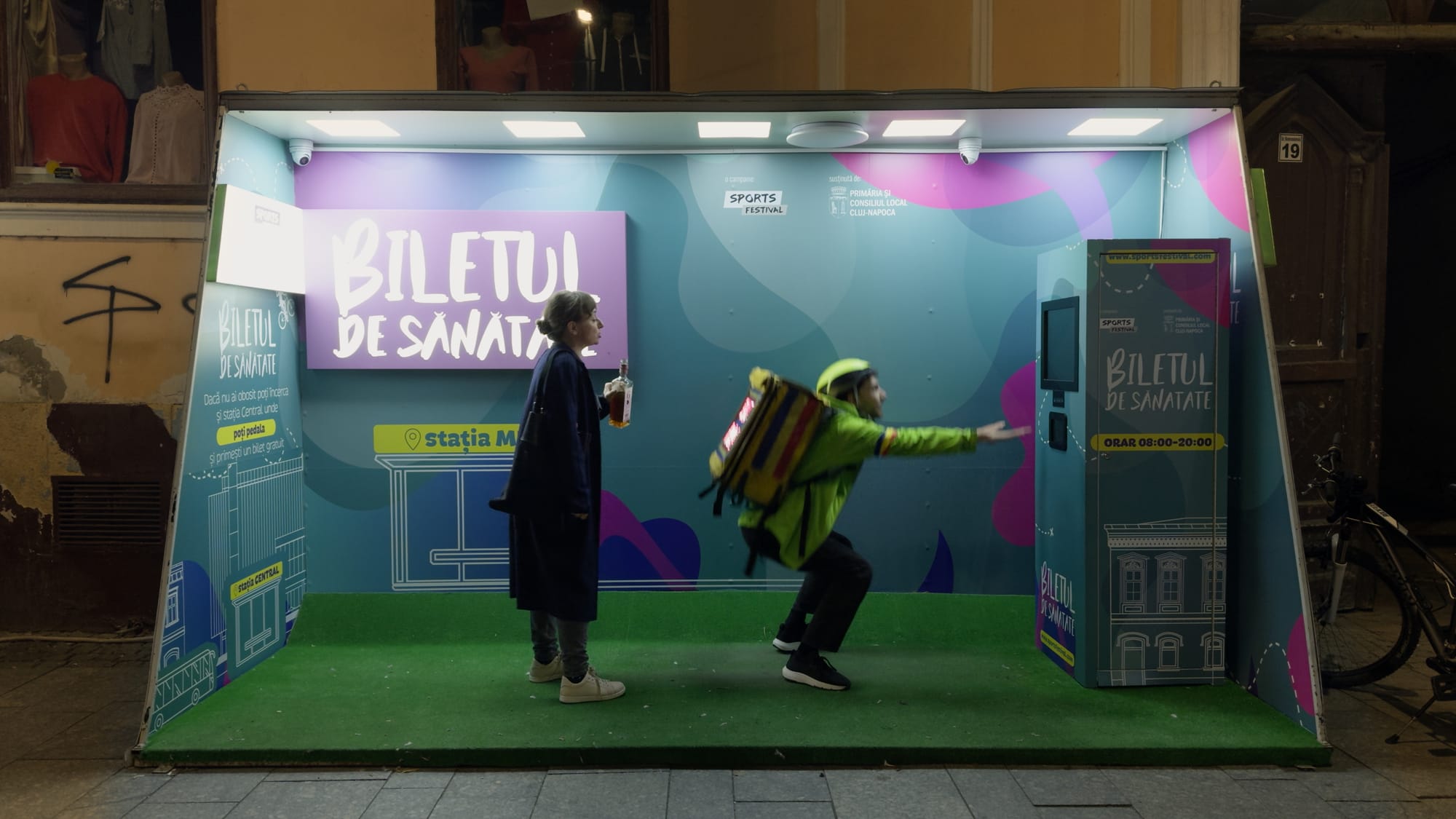
The film opens with a montage of a homeless man gathering plastic bottles from around Cluj, which presents a series of hilarious images bordering on absurdity – such as him swearing at animatronic dinosaurs, or hitting and cursing a robot dog, like he would the stray dogs which used to plague the Romanian streets just a decade ago. The story’s heroine Orsolya, played by Eszter Tompa, is a bailiff tasked with evicting this man from the house, in which he had been allowed to live by a now deceased friend. The house had been bought by a German company in order to build a luxury hotel called the Kontinental, a story echoing many such cases of old buildings razed and replaced by constructions fitting neither the architectural forms of the city, nor the needs of the community. Orsolya’s moral dilemma starts as the man hangs himself, sending her on a quest of seeking atonement. She also seeks understanding from various sources such as family, friends, and the local priest, meanwhile repeating the same mantra, “According to the law, I am blameless.” Consequently, the film simultaneously portrays the nationalist rhetoric and ethnic conflicts present in the region. Orsolya, as an ethnic Hungarian in Transylvania, starts receiving attacks from the right-wing press when it is revealed that the deceased man was a former Romanian Olympic athlete. Meanwhile, her mother blames all her woes on Romanians, who stole Transylvania from Hungary, praising Viktor Orbán’s Hungary. When Orsolya claims Orbán’s Hungary is a fascist state, her mother throws her out, calling her a “whore”. Another powerful image is that of her former student, a delivery driver, wearing a sign saying “I’m Romanian” on his back to separate himself from the South Asian immigrants working this job, and so protect himself from racially motivated abuses in traffic.
A bizarre, depressing picture of modern society and the individualism of man.
None of these conflicts come to a resolution by the end of the film, which concludes on a prolonged montage of Cluj’s architectural oddities. Jude leaves us with a bizarre, depressing picture of modern society and the individualism of man, who would readily apply the balm of substance abuse or a performative donation to a nameless charity to all his moral qualms. Still, Jude’s humorous style and unique visual identity make for an enjoyable, if bitter-sweet experience, which could have perhaps benefited from cuts at certain points. While not as bold as some of his previous films, it is still one that proves Jude a fine observer of the socio-economic climate of his country and Europe as a whole, and solidifies him as one of the emerging filmmakers to keep an eye on.
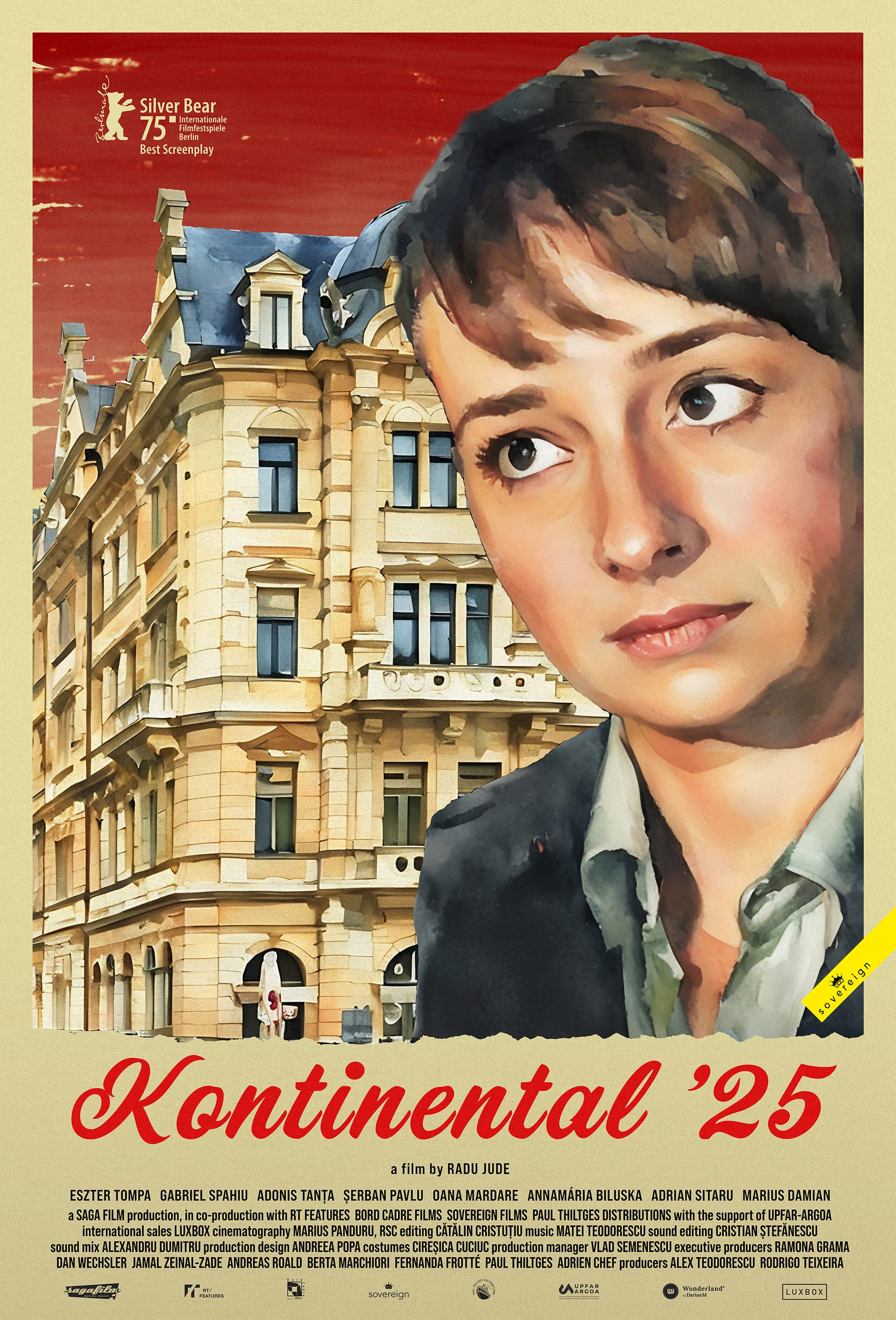
Comedy/Drama
Director: Radu Jude
Screenwriter: Radu Jude
Starring: Eszter Tompa, Gabriel Spahiu, Adonis Tanta
Languages: Romanian, Hungarian, German
Run time: 109 min
Release date: 31/10/25

